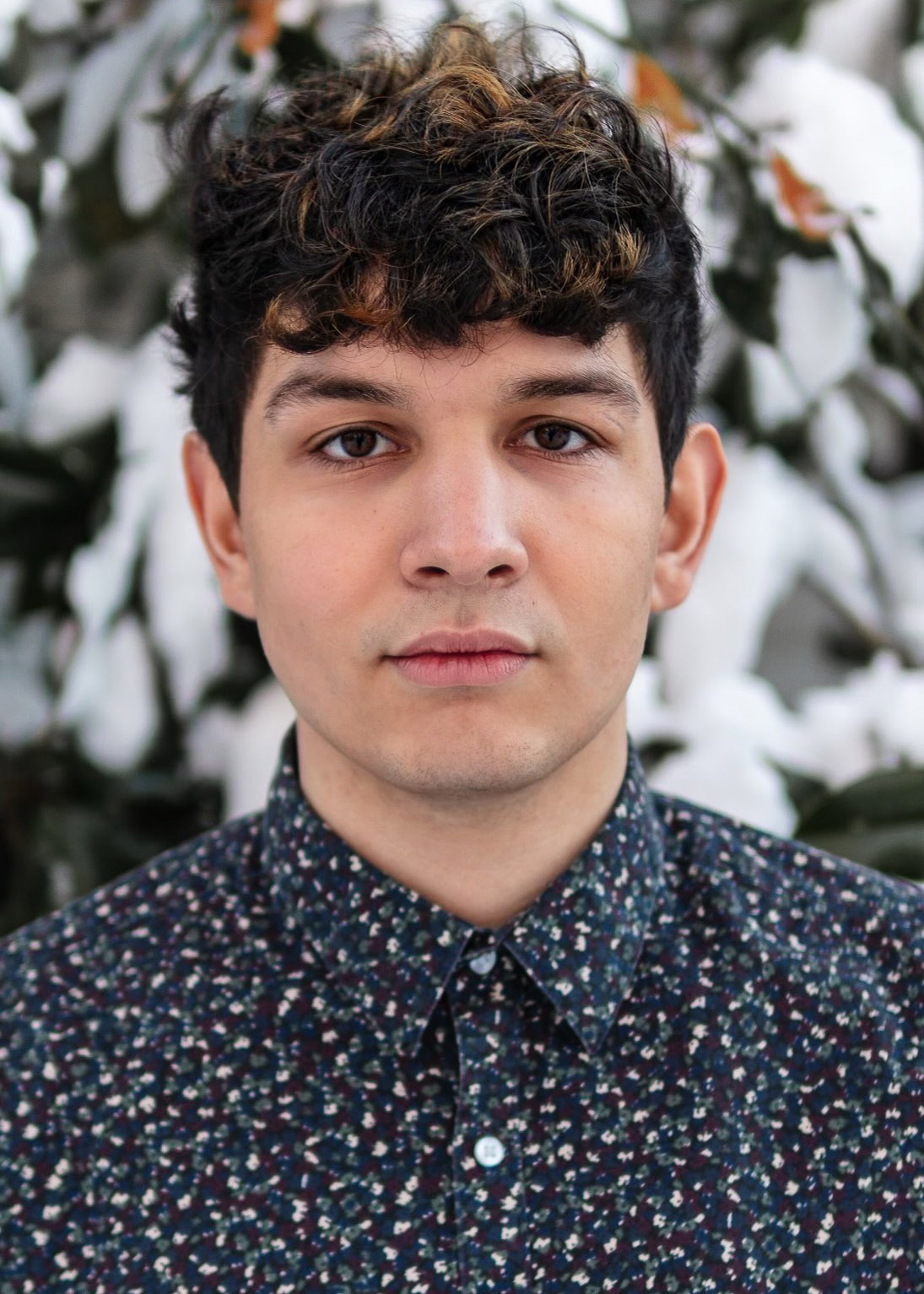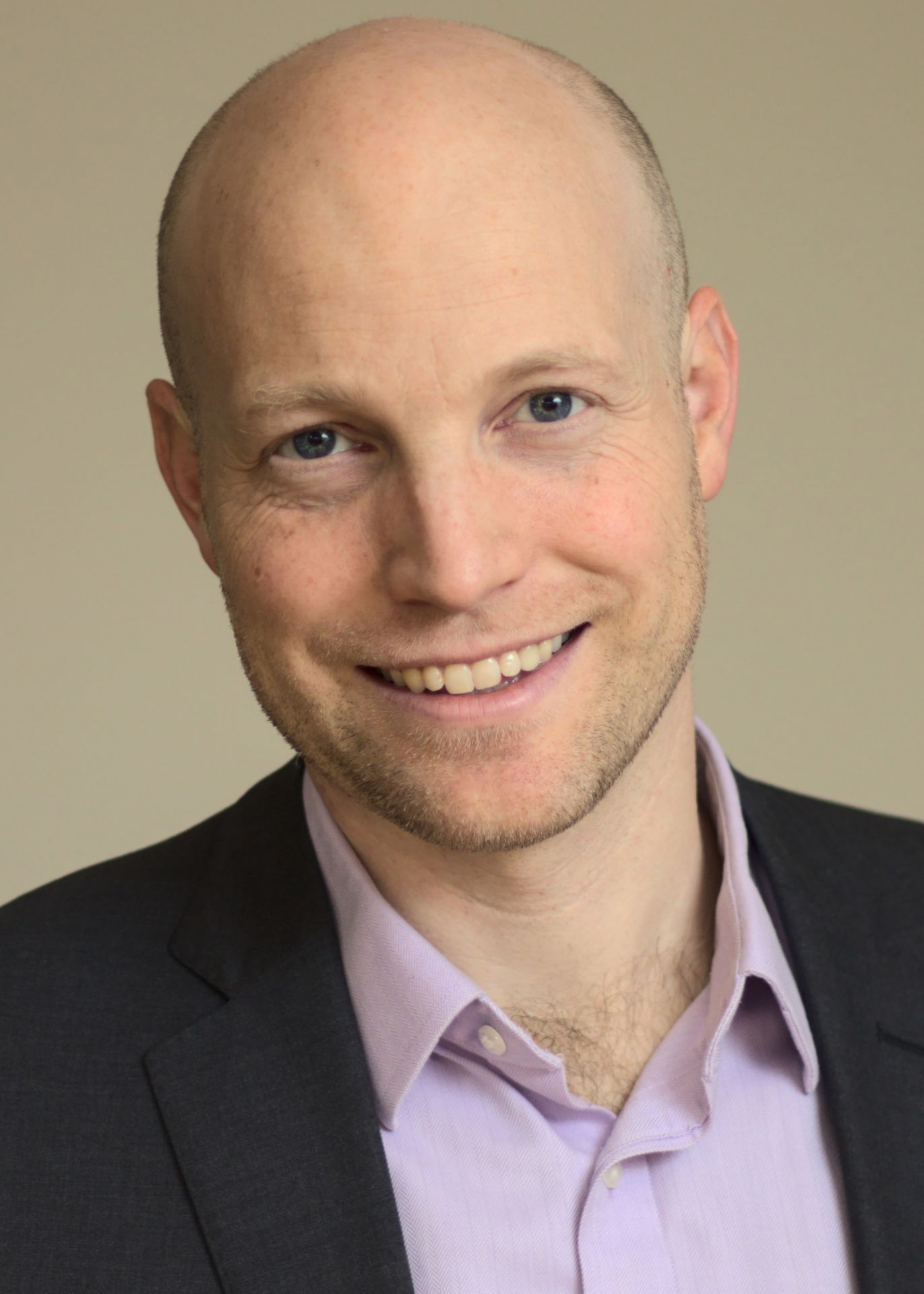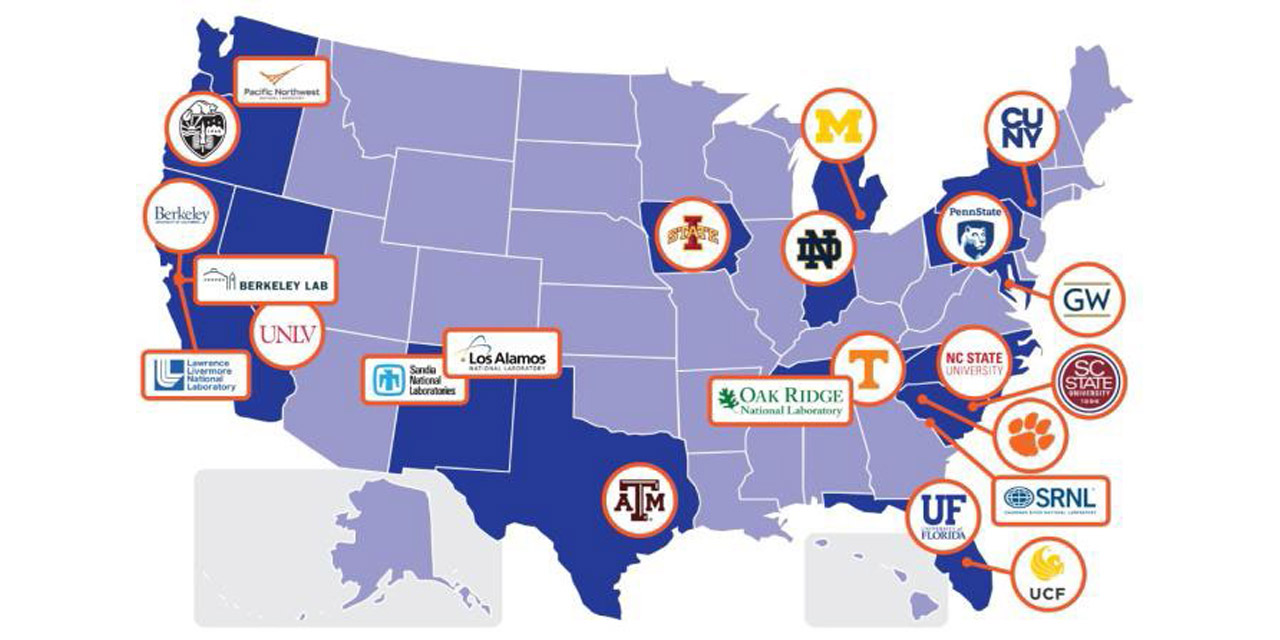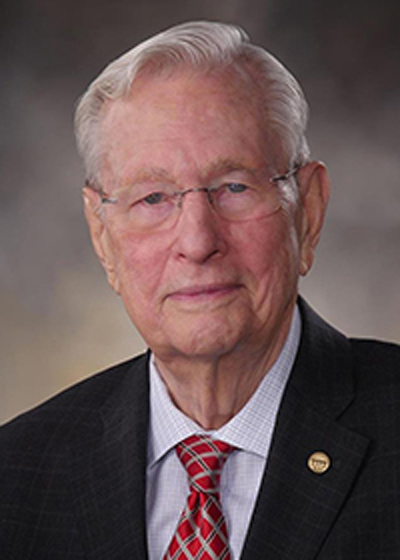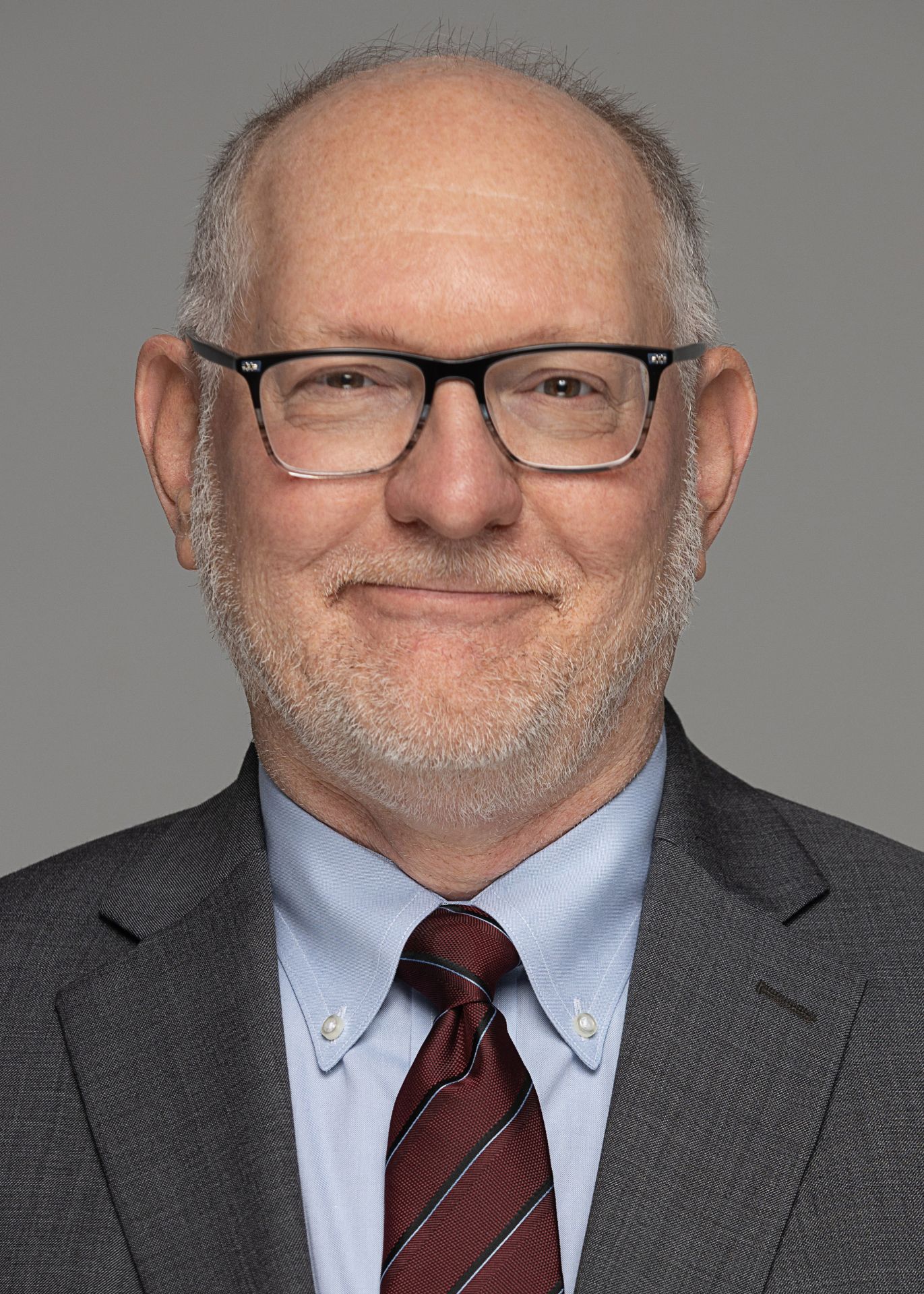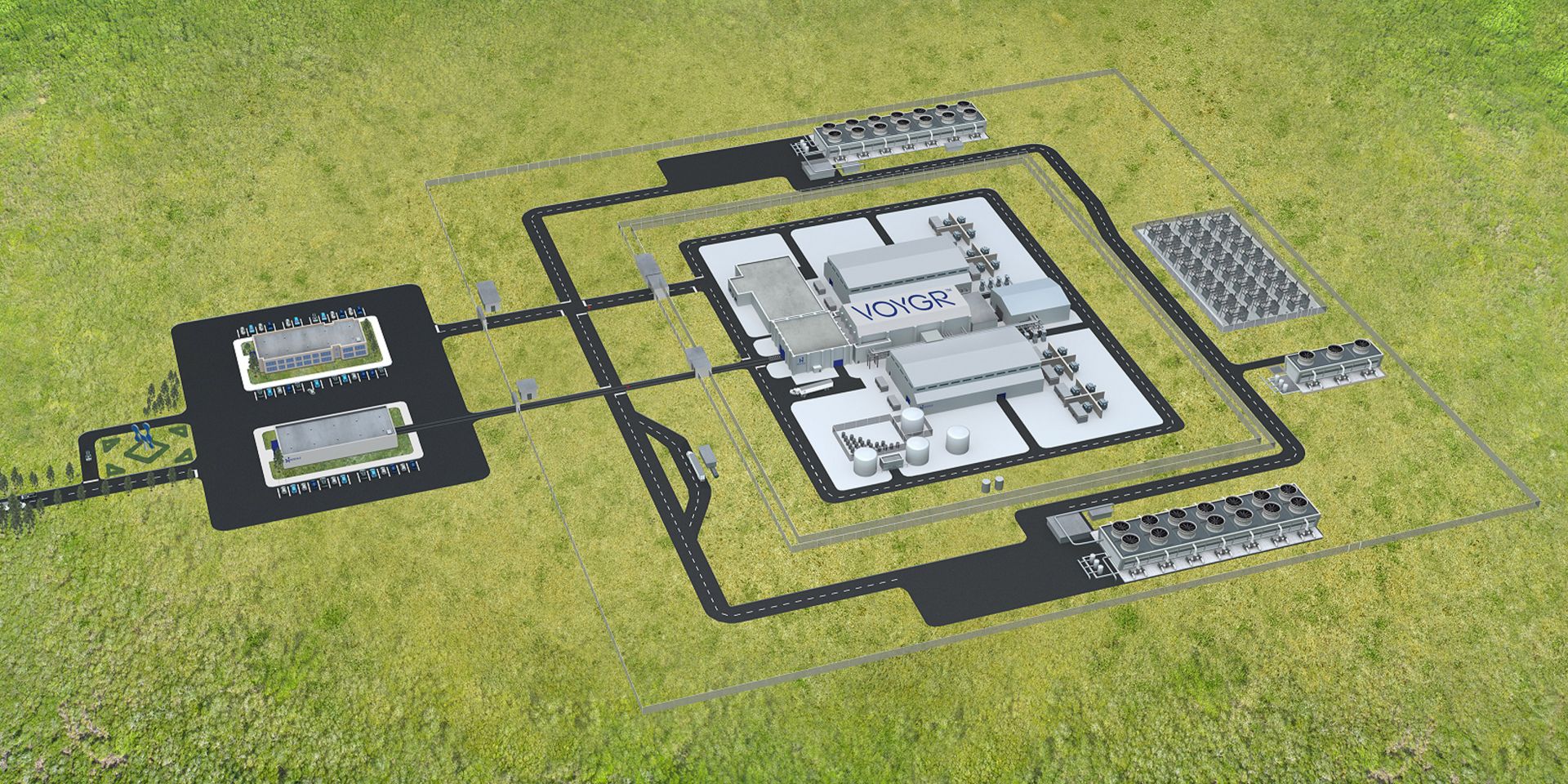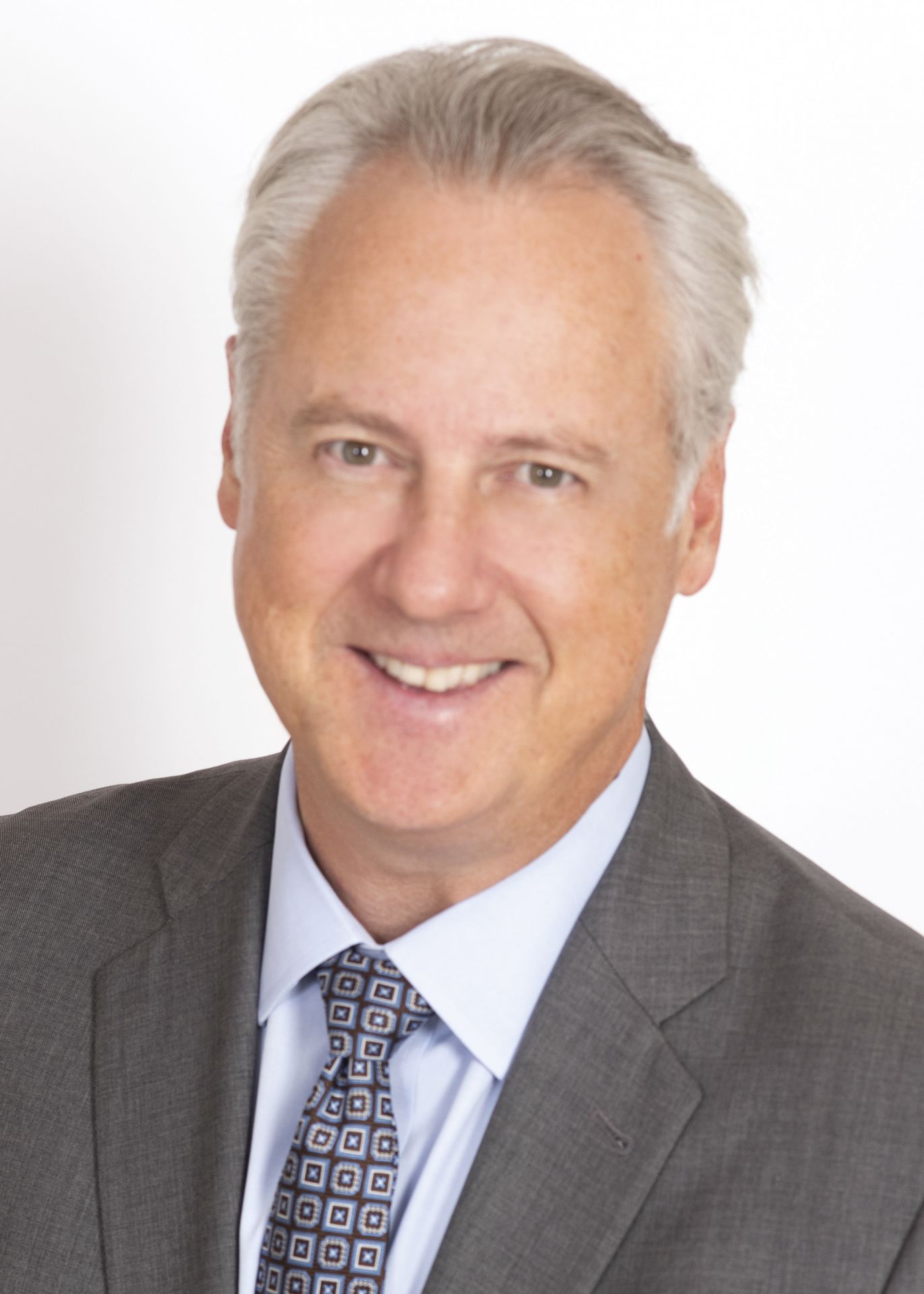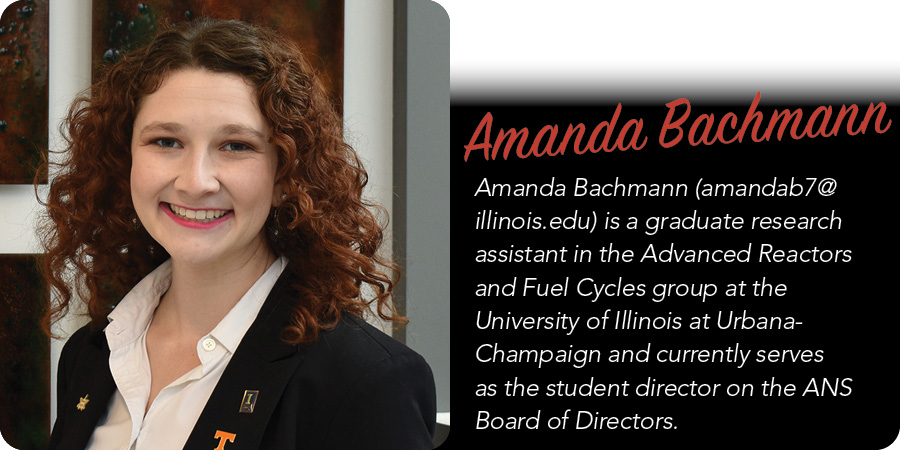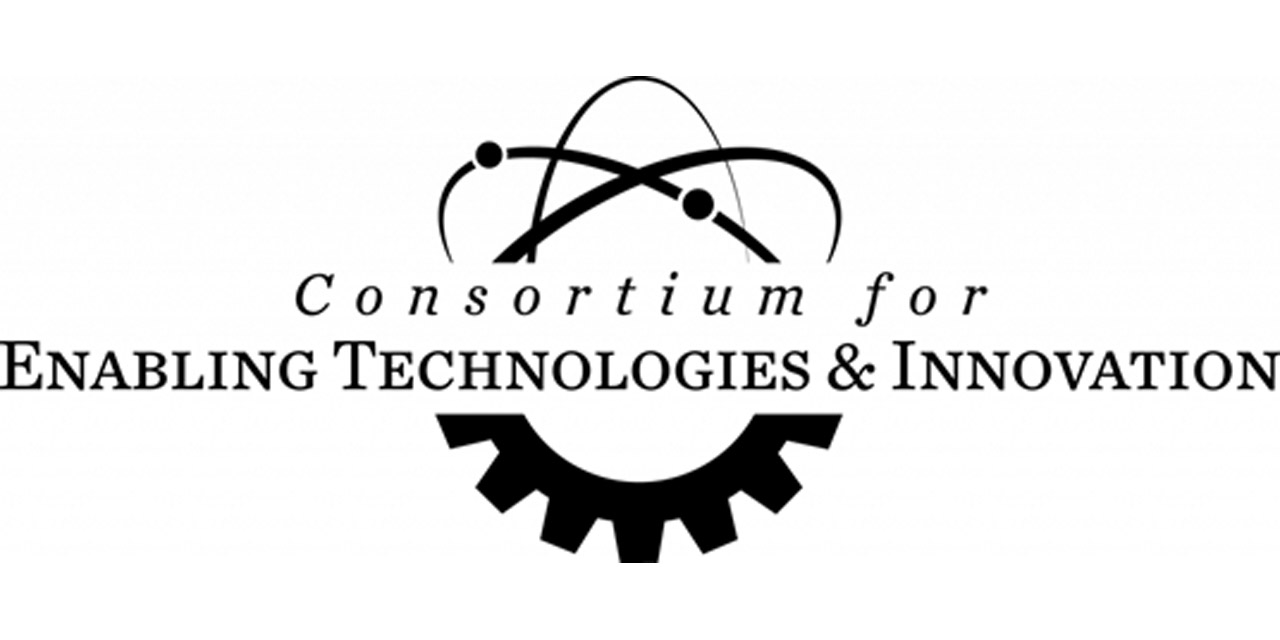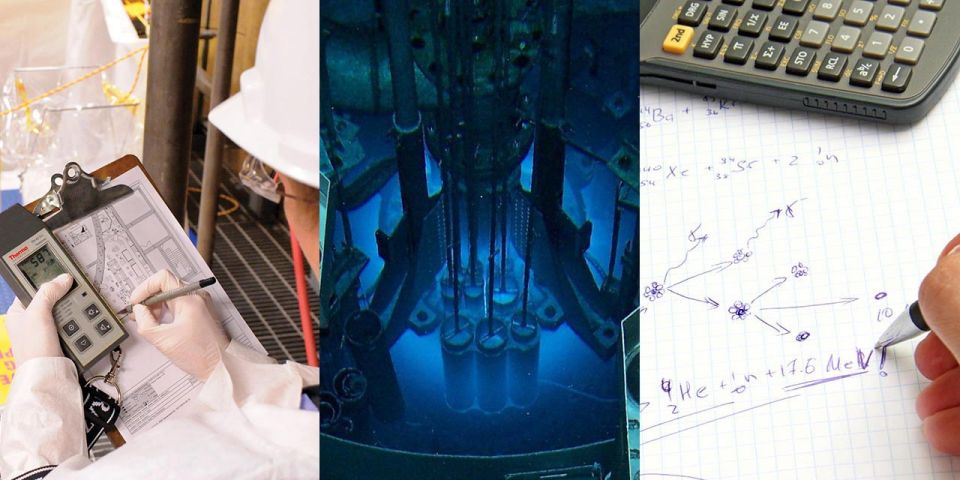Ana Kova’s illustration of different types of fusion. (Image: Ana Kova/Global Fusion Forum)
Members of the Consortium for Nuclear Forensics. (Image: University of Florida)
A 16-university team of 31 scientists and engineers, under the title Consortium for Nuclear Forensics and led by the University of Florida, has been selected by the Department of Energy’s National Nuclear Security Administration (NNSA) to develop the next generation of new technologies and insights in nuclear forensics.
Rendition of a VOYGR plant layout. (Image: NuScale)
Universities are places where professionals, experts, and students come together to teach and learn, to conduct and disseminate research, and to dream and explore. Universities have a long history of technological innovation and development. It should therefore come as no surprise that institutes of higher education have been an integral part of the recent explosion of innovation within the advanced nuclear reactor community. Universities have not only powered workforce and technology development, but in a number of cases, they have served as the actual birthplaces of today’s advanced reactor designs.



